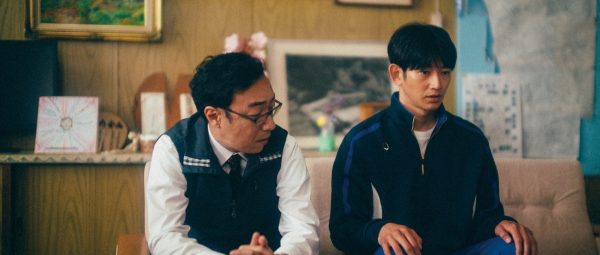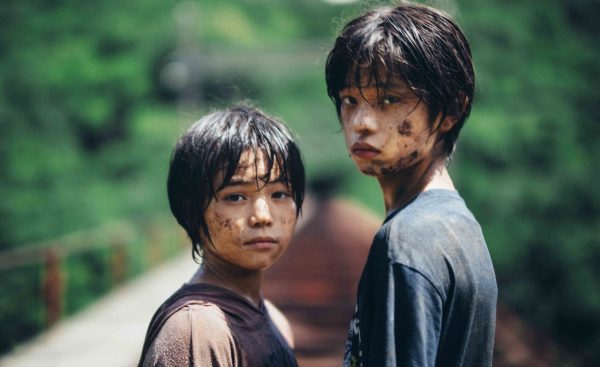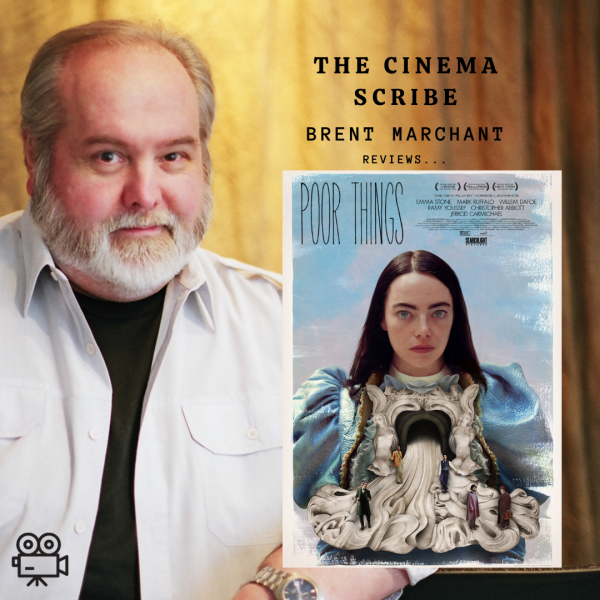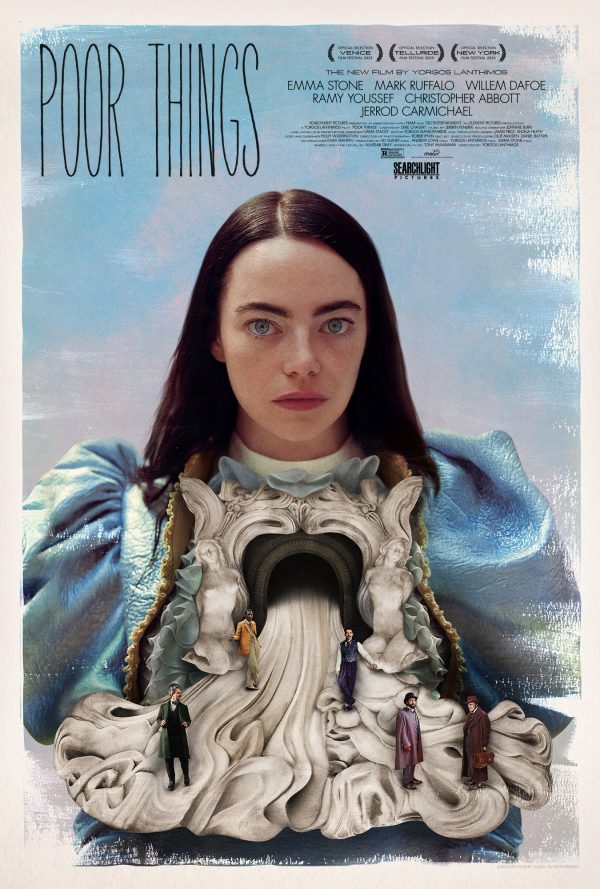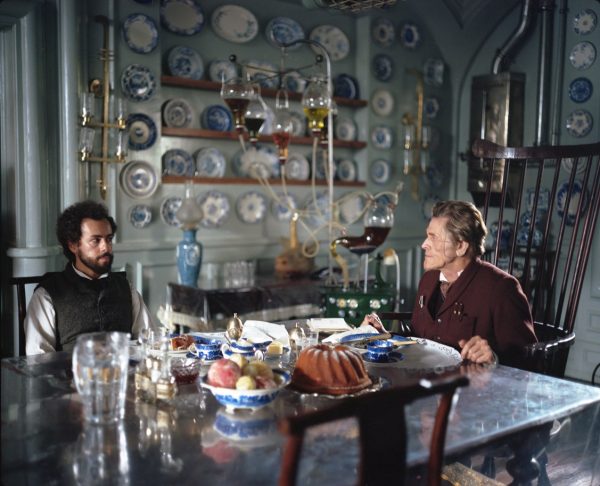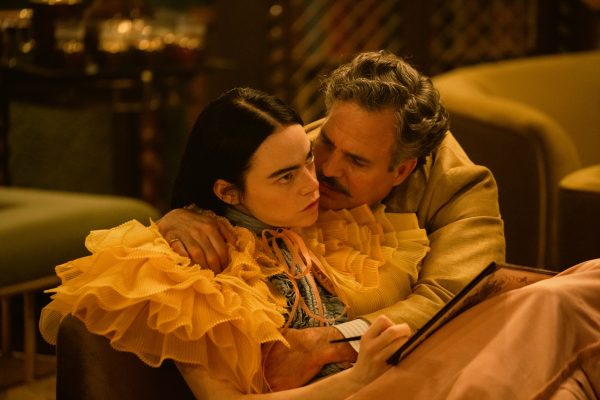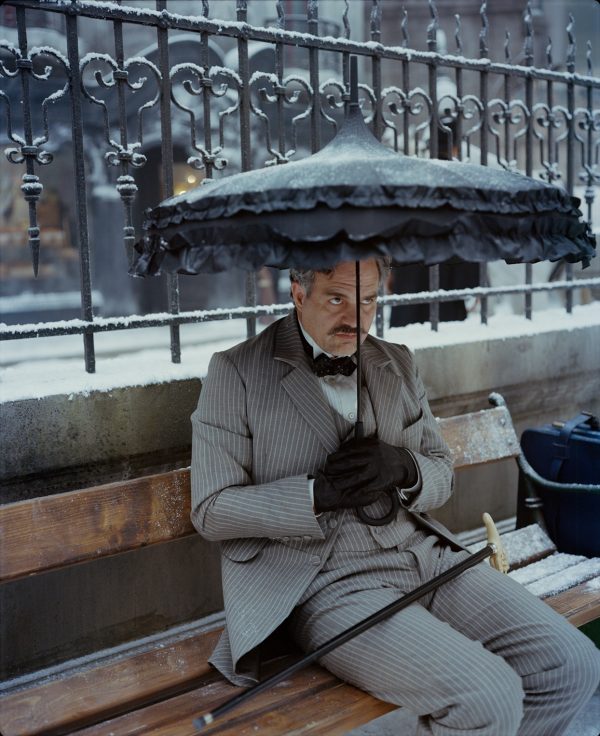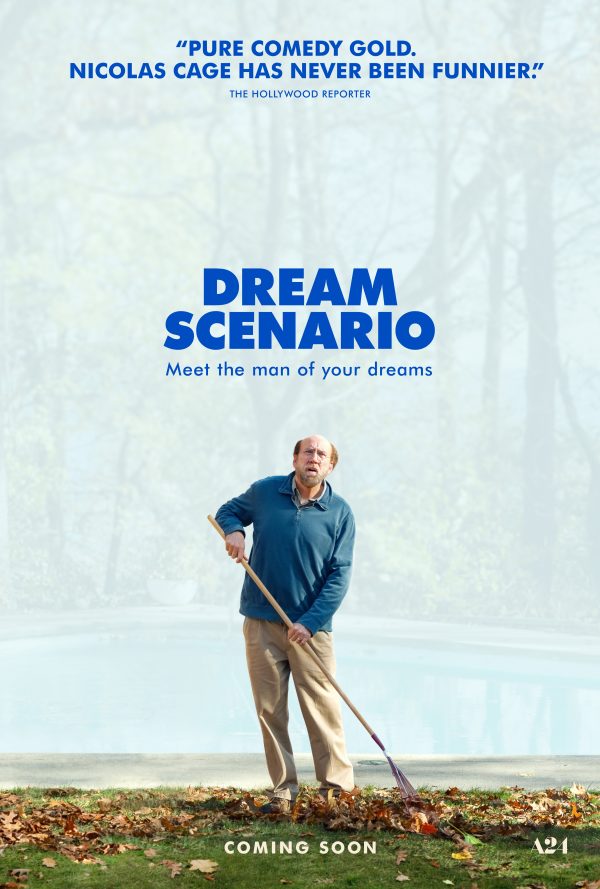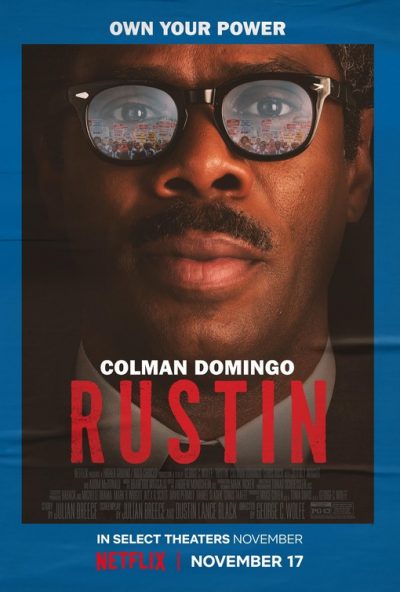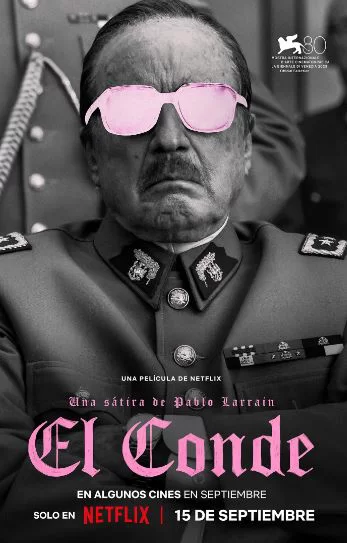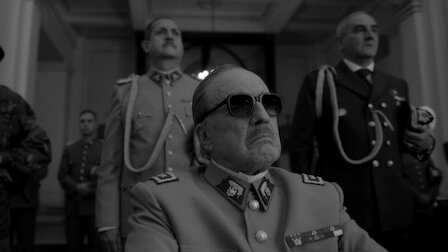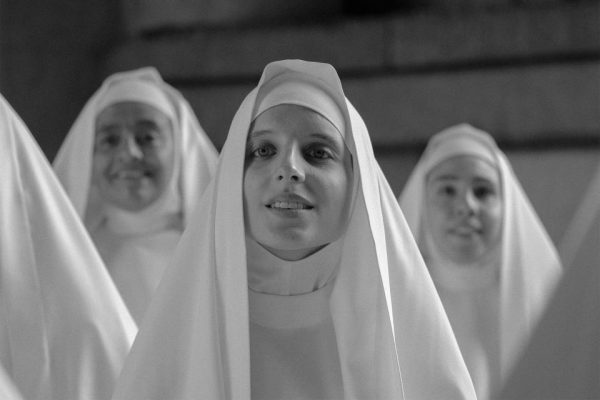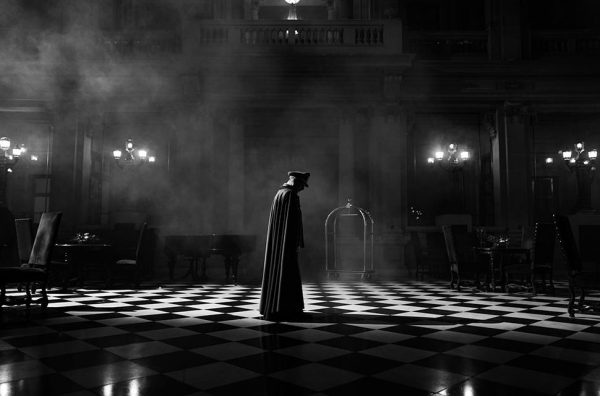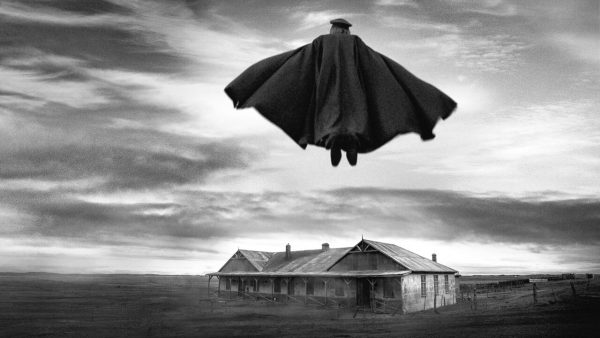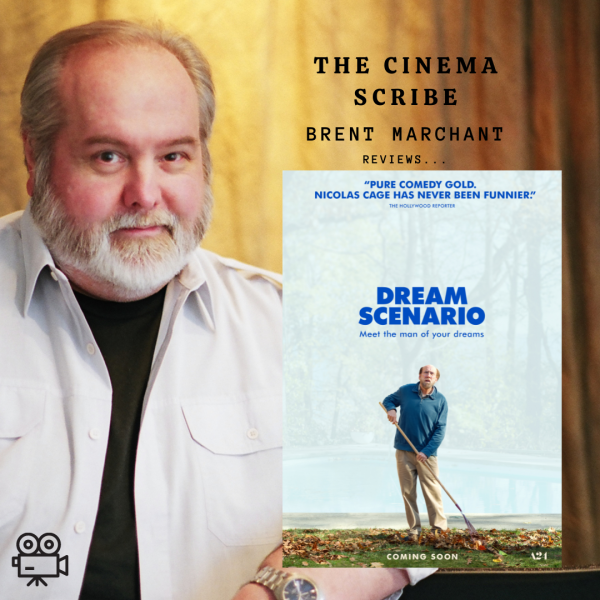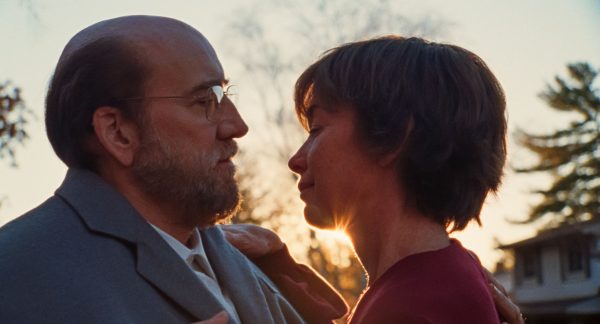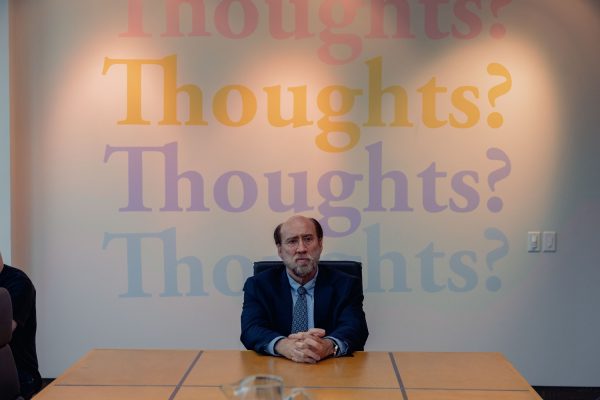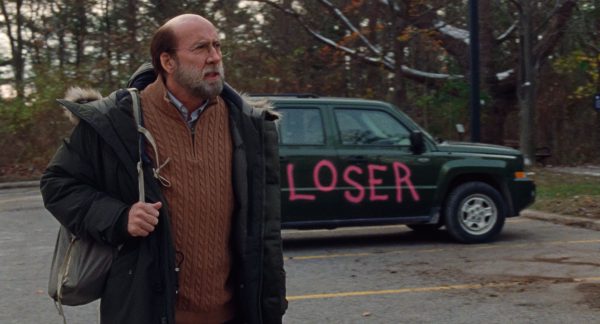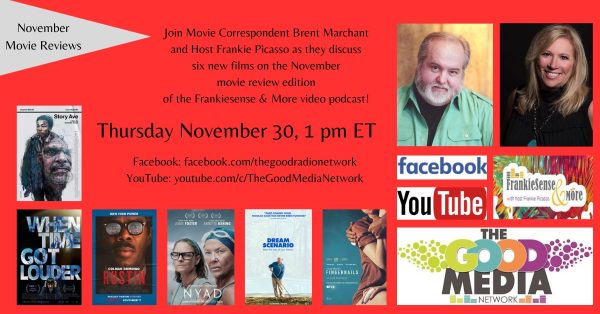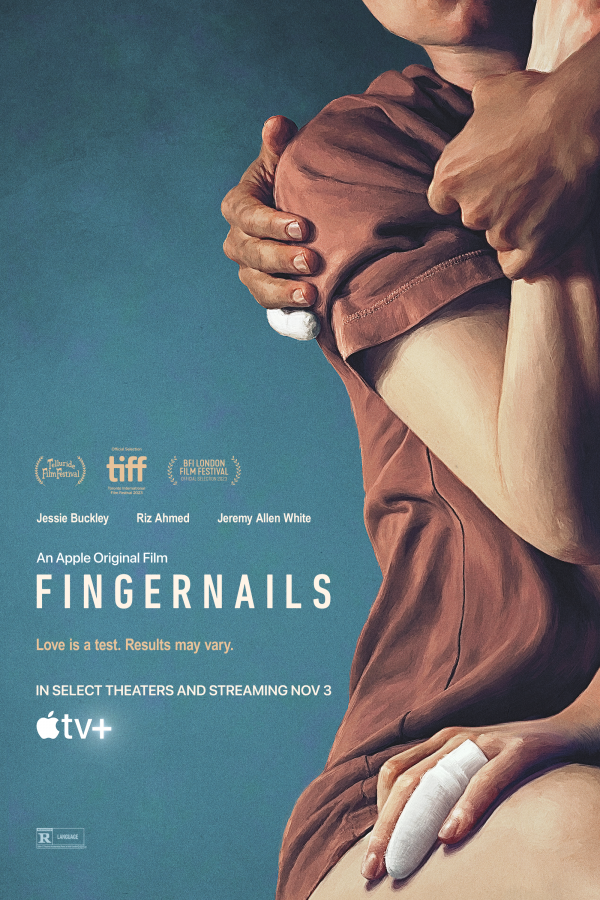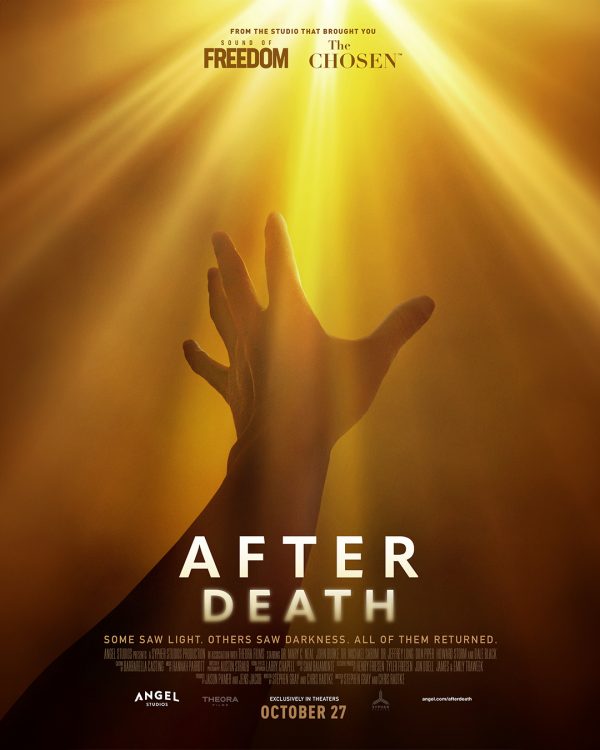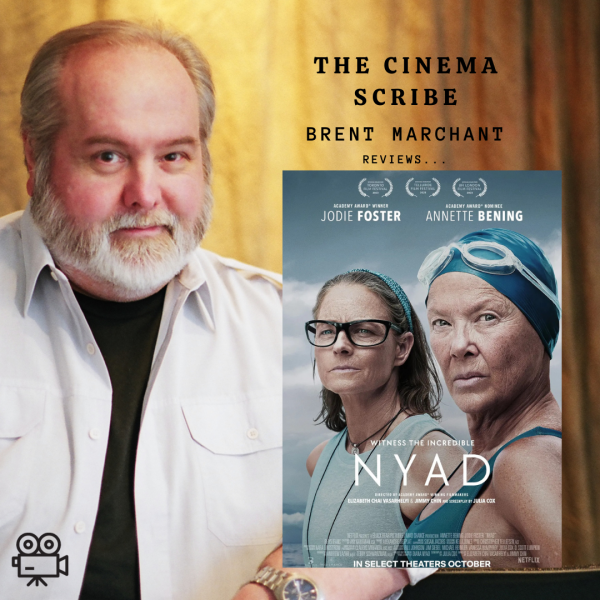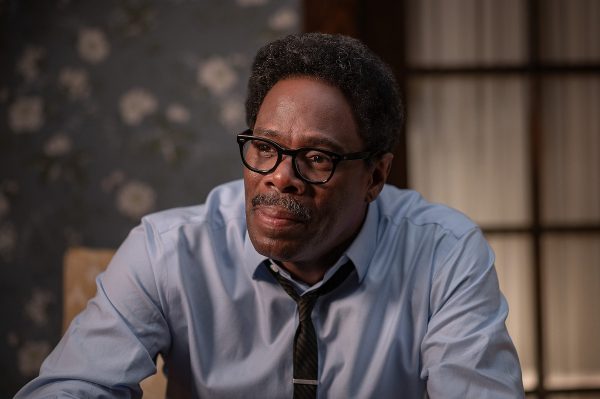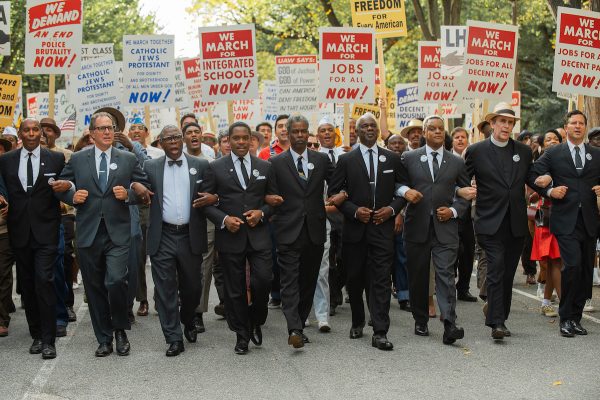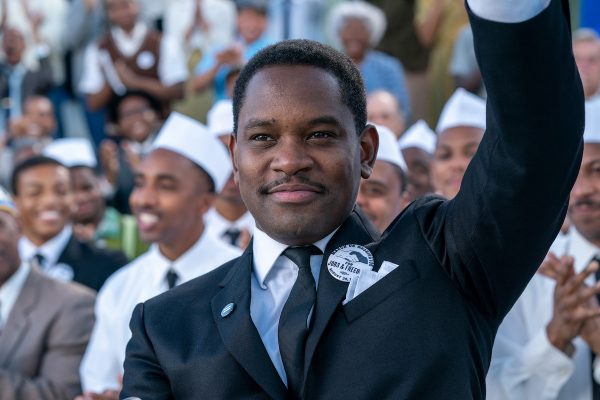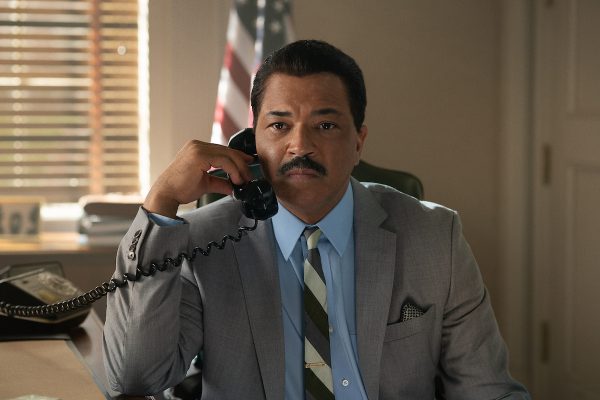
“American Symphony” (2023). Cast: Jon Batiste, Suleika Jaouad, Anne Jaouad. Archive Footage: Stephen Colbert, Trevor Noah, Questlove, Stevie Wonder, Billie Eilish, James Taylor, Louis Cato. Director: Matthew Heineman. Web site. Trailer.
Life in 2022 was a decidedly strange and mixed bag for musician-composer Jon Batiste and his wife, best-selling author Suleika Jaouad. They indeed experienced the best and worst of times. It was a landmark year for Batiste. Coming off Oscar, Golden Globe, Critics Choice and BAFTA Award wins in 2021 for co-writing the best original score for the animated film “Soul,” he went on to capture five Grammy Awards the following year (including record of the year), all the while serving as band leader on The Late Show with Stephen Colbert. The multi-talented, multifaceted, New Orleans-born artist also worked on completing an eclectic, ambitious composition aimed at reflecting the breadth of our national music, diversity and culture, American Symphony, drawing upon his expertise in an array of musical genres. It was the kind of year that most artists dream of.
However, in the midst of this success, the couple underwent one of the greatest challenges they’ve ever had to face. Jaouad suffered a relapse of the cancer she experienced in 2011, a case of acute myeloid leukemia, an illness that doctors gave her only a 35% chance of surviving at that time. Despite these odds, though, Jaouad pulled through and began writing a column titled “Life, Interrupted” for The New York Times. She went on to become a contributor to Vogue, Glamour and Women’s Health magazines, as well as National Public Radio’s All Things Considered. And, in 2021, she penned The New York Times best-selling memoir Between Two Kingdoms, an account of her battle with cancer as a young adult. How ironic that what helped her become a successful author would come back to haunt her again, just as she and her husband were attaining such tremendous personal and creative achievements. Instead, she was now facing the prospect of a risky bone marrow transplant to survive.
Then there was the matter of their relationship, a deeply loving, eminently attentive, fully committed devotion to one another. They met as teenagers in band camp and became involved romantically in 2014. And, as this movie shows, rarely has there ever been an on-screen depiction of two partners more dedicated to one another than what is shown here. Their feelings for one another quite obviously run deep, although those emotions are genuine and realistic, never storybook nor sugar-coated, especially under the circumstances they faced with Jaouad’s troubling diagnosis.
Given these diversely contrasting conditions, it almost seemed like life was dealing Jon and Suleika a cruel joke. How could they enjoy their success with a cloud like this hanging over them? Indeed, how could fate be so relentlessly punishing? And, what’s more, what were they supposed to do about it? Those are huge questions, to be sure. But how can they be effectively answered?
As the film illustrates, there were many times during this ordeal where both partners turned reflective on their circumstances, undoubtedly pleading for a way out of it. But there was more to it than taking such proactive steps to achieve this objective. They also turned to various forms of support, like counselors and family members, to bolster them at times when it was deemed necessary. This provided them with encouragement and coping mechanisms to get through the most critical times. This tactic thus took the form of a collaboration, an empowered act of co-creation that lends added energy and backing to the attainment of a mutual goal.
In a similar, if not more significant vein, there was also the undeniable love between Jon and Suleika. This, too, is a form of mutual support and another form of collaboration. It might even be argued that this was perhaps the most effective “medicine” at work in this scenario, more potent than any form of chemotherapy could provide. Add to that the beliefs in health and recovery that they’re each emitting, and those are some powerful vibes at work.
Of course, even with these potent intangible forces at work, one probably can’t help but wonder how and why this illness manifested in the first place. In all honesty, we may never know, and the same might possibly be said for both Jon and Suleika. Their reasons are their own, and it’s not our place to question them. But there are several theoretical possibilities to consider.
For instance, it’s often been said in metaphysical circles that illness can be a tremendous teacher. There are things we can learn about life and ourselves under those circumstances that we might not be able to explore under any other conditions. Ill health can prompt us to examine alternate modes of healing, something we can engage in more readily in scenarios like this in light of the fact that our consciousness is likely focused almost exclusively on getting well and uncovering the means to achieve it. What’s more, this kind of downtime may afford us an opportunity to partake of other types of creative endeavors, much as Suleika does in the film when she tries her hand at painting. And, as Suleika’s previous experience with illness illustrates, it could open doors to future opportunities, such as the successful writing career that grew out of her first bout with cancer. But, perhaps most importantly, an introspective time like this can prove quite revelatory, showing us qualities of ourselves we never knew we possessed, such as strength of character, resilience and the will to overcome adversity.
For Jon’s part, there are additional possibilities to consider. For instance, as much and as long as he and Suleika have long been in love, the depth of their feelings for one another only deepened through this experience, drawing them closer together than ever before. As seen here, the emotions they feel for one another are palpable, reaching a point where their status as soul mates is impossible to ignore. As for Jon individually, this experience could also be said to be something that keeps him grounded, immersing him firmly in what’s most important in life and preventing him from letting his success get away from him. That’s not to suggest that would happen even if conditions were different, but circumstances like these have a way of helping us keep our heads, particularly with what matters most to us.
For all of the artistic achievements on display here, though, the most beautiful creation is the love between Jon and Suleika, for better or worse. They have taken an intangible concept and made it real, for all to see, something that many of us should hope to emulate in our own romantic endeavors. If nothing else, this is the takeaway we should embrace – and, in the end, make our own.
Creating a heartfelt, loving relationship is much like producing a great work of art. Both take effort and commitment, both in good times and bad. The challenges involved in learning how to successfully maneuver through them can be difficult, but the rewards can be incalculable, as documentary filmmaker Matthew Heineman’s latest so deftly illustrates. These are attainable goals, outcomes that can provide tremendous satisfaction and fulfillment, the prevailing highs and lows notwithstanding. The polar opposite fates that befell Batiste and Jaouad may have been a struggle to get through, but they vowed to keep their love and art alive, putting their personal and professional successes and setbacks into perspective in light of what they were up against. This intimate, heartstring-tugging documentary gives viewers a candid, up-close look at what a truly loving couple can experience under such diverse, trying and bittersweet circumstances, but without becoming manipulative or melodramatic. This beautifully photographed story provides an unfiltered depiction of the range of emotions that each partner goes through, particularly when it comes to its musings of the philosophical insights observed by each of the spouses. It also showcases Batiste’s wide-ranging musical styles, both in his performances and in his composition process. Admittedly, a few of this offering’s sequences meander a bit, but the overall production is skillfully edited and sensitively portrayed, reinforcing what makes life worth living, during both good times and bad, as long as we have each other to make our way through it, bringing new meaning to what our marriage vows are ultimately all about.
“American Symphony” was widely recognized in 2023 film festival and movie critic association competitions. Most notably, the picture captured two Critics Choice Documentary Awards for best music documentary and best score, along with four nominations for best documentary feature, director, editing and cinematography, all noteworthy accolades for a film that’s well worth your time. This offering is streaming exclusively on Netflix.
In good times and bad, it’s always comforting to have a companion along for the journey. That’s more than apparent in “American Symphony.” Jon and Suleika set an inspiring example for what it truly means to be a loving couple, one that anybody seeking to find for themselves should follow and make their own – undoubtedly the best of times.
Copyright © 2023-2024, by Brent Marchant. All rights reserved.




